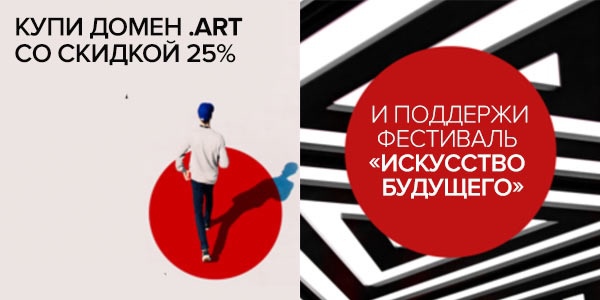Perspectives

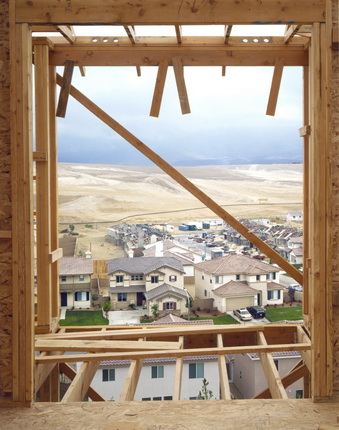
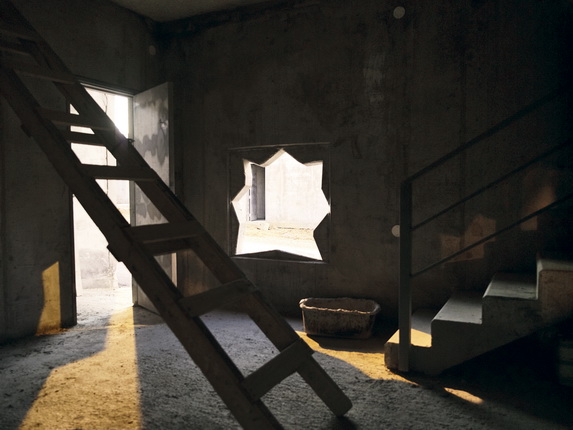
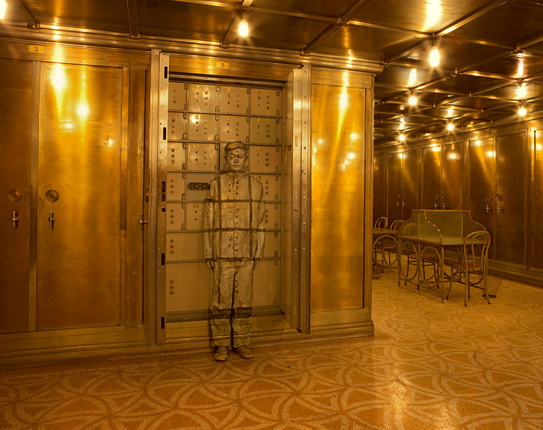
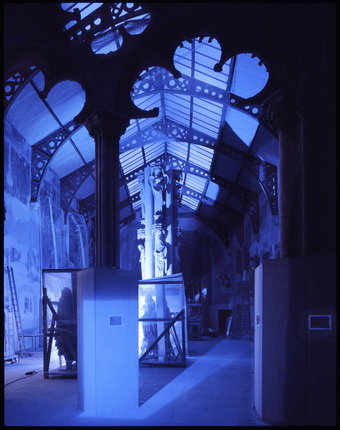
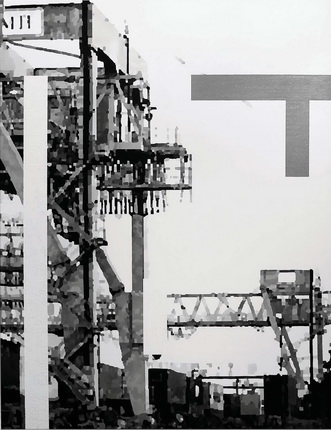
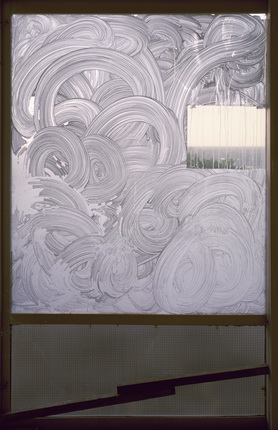
Marie Bovo. Cour intérieure, September 27, 2008. Ilfochrome print, mounted under plexiglas & glued onto aluminium. © Courtesy the artist and Collection Société Générale
Stéphane Couturier. San Diego, Window on East Lake Greens, 2002. C-print on Diasec and wooden frame No. 4/5. © Courtesy the artist and Collection Société Générale
Shai Kremer. Interior, Urban Warfare Training Center, Tze’elim, 2007. Infected Landscapes Series. Photograph. © Courtesy the artist and Collection Société Générale
Liu Bolin. Hide in the city, Paris- 04, 2011. Photograph. © Courtesy of the Paris-Beijing Gallery and Collection Société Générale
Anne Garde. Museum of the French Monuments - Palais de Chaillot - Paris, 2006. Photograph. © Courtesy the artist and Collection Société Générale
Miha STRUKELJ. CRAINS, 2008. Oil on canvas
Anna Malagrida. Point de vue, 2006. Inkjet print. © Courtesy the artist and Collection Société Générale
Moscow, 25.04.2014—25.05.2014
exhibition is over
Share with friends
Curator: Guy Boyer
Exhibition of works from the collection of Société Générale
For the press
Societe Generale, a bank involved in art
For 150 years, Societe Generale has always been involved in the artistic world through its sponsorship initiatives or through its direct commitments in the creation process. As early as the World Fair (Exposition Universelle) in 1900, for example, when Societe Generale set up the Banque du Nord, its Saint Petersburg subsidiary, it supported the sculptor Auguste Rodin, who mounted his first major retrospective in a pavilion in the Place de l’Alma. In keeping with this type of initiative entailing close involvement with the artists, Societe Generale has more recently started to build up a contemporary art collection whose works are made available to its employees in order to decorate all the public areas of the offices at La Défense and Val de Fontenay. At the same time, it organises exhibitions, conferences and workshops with visual artists such as Liu Bolin.
Perspectives
Chosen from among the 350 or so contemporary works of art in the Societe Generale Collection, the set of works specially put together for Moscow is intended to be a homage to the major creators of photography who examined the issue of the subjective view of reality. Moreover, the first negative considered to be successful in the history of photography is entitled «Point de vue du Gras»; in 1826, Nicéphore Niépce placed his darkroom in front of one of the windows of his house at Saint-Loup de Varennes for more than ten hours in order to definitively capture his view of the outside world from above. Head-on or at an angle, from above or from below, square, vertical or panoramic, the viewpoint of the work (whether it is a painting or photograph) offers a thousand variations leaving the spectator free to focus on the motif or, on the contrary, enabling them to escape outside the scope of the picture. This is why, from Thomas Ruff to Stéphane Couturier, this sample of compositions and representations can be seen as so many possible interpretations of the landscape or the town. Not to mention a few breakaways with surrealist accents like this «Contemplation irrationnelle», taken above the rooftops of Paris by Philippe Ramette, an artist that Societe Generale supported for the creation of his «Lévitation de chaise», which is present here.
Biography
Born in 1958 in Avignon, Guy Boyer has a Master’s Degree in art history. He wrote and published, with Jean-Loup Champion, the book «Mille peintures des musées de France» (Gallimard publishers). A journalist and art critic, he was editor of Beaux-Arts Magazine until 1998, L’Œil from 1999 to 2001, and is currently chief editor of Connaissance des Arts. Under his impetus, this magazine has undergone considerable expansion, notably through its special issues, its supplements on heritage, arts and crafts, photography, and its website (connaissancedesarts. com) with numerous slide shows and filmed interviews. He also has a weekly chronicle on Radio Classique.







